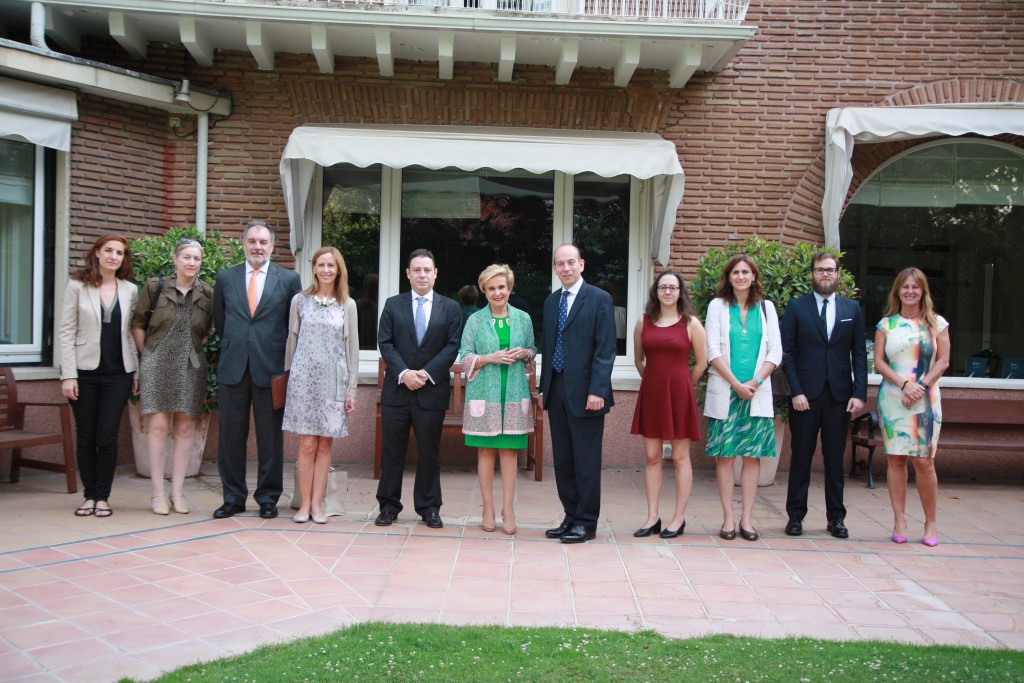Florence Ayot was kidnapped by the Lord’s Resistance Army in Uganda when she was nine years old. “I was given to a Major and forced to be his slave. If I didn’t do what they ordered, they beat me,” says Florence in the documentary The War Against Women. “The most painful thing was that the girls were shared out among the men. They subdued us. We were not free”
On the 9th of June, I chaired a breakfast at the Residence of the British Ambassador in Madrid which focused on the review of UN resolution 1325 on women, peace and security. A group of influential leaders from the Spanish Congress, Ministry of Defence, Ministry of Foreign Affairs and the Institute for Women attended the meeting to discuss the Spanish perspective on the review.
Women, peace and security is a priority area for me and the UK Government. We are committed to stop these crimes, to support victims and women in conflict zones and to put women at the centre of peace and security efforts. This is why the UK Government is interested in working on these issues alongside Spain, which currently holds a non-permanent seat at the UN Security Council.
During the breakfast, I had the opportunity to discuss Spain’s engagement to highlight the importance of women in UN peace and security efforts. We debated the possibility of including in the resolution the collateral damage suffered by women in armed conflicts and to involve those who will be implementing the resolution on the ground.
The UN resolution on women, peace and security, passed on October 2000, is an effort to increase the impact of women’s voices and their presence in peacekeeping and peace-building operations. The Security Council will review it in October 2015 to measure its effectiveness.
The UK looks forward to working with the Spanish government to achieve an effective and ambitious review.

